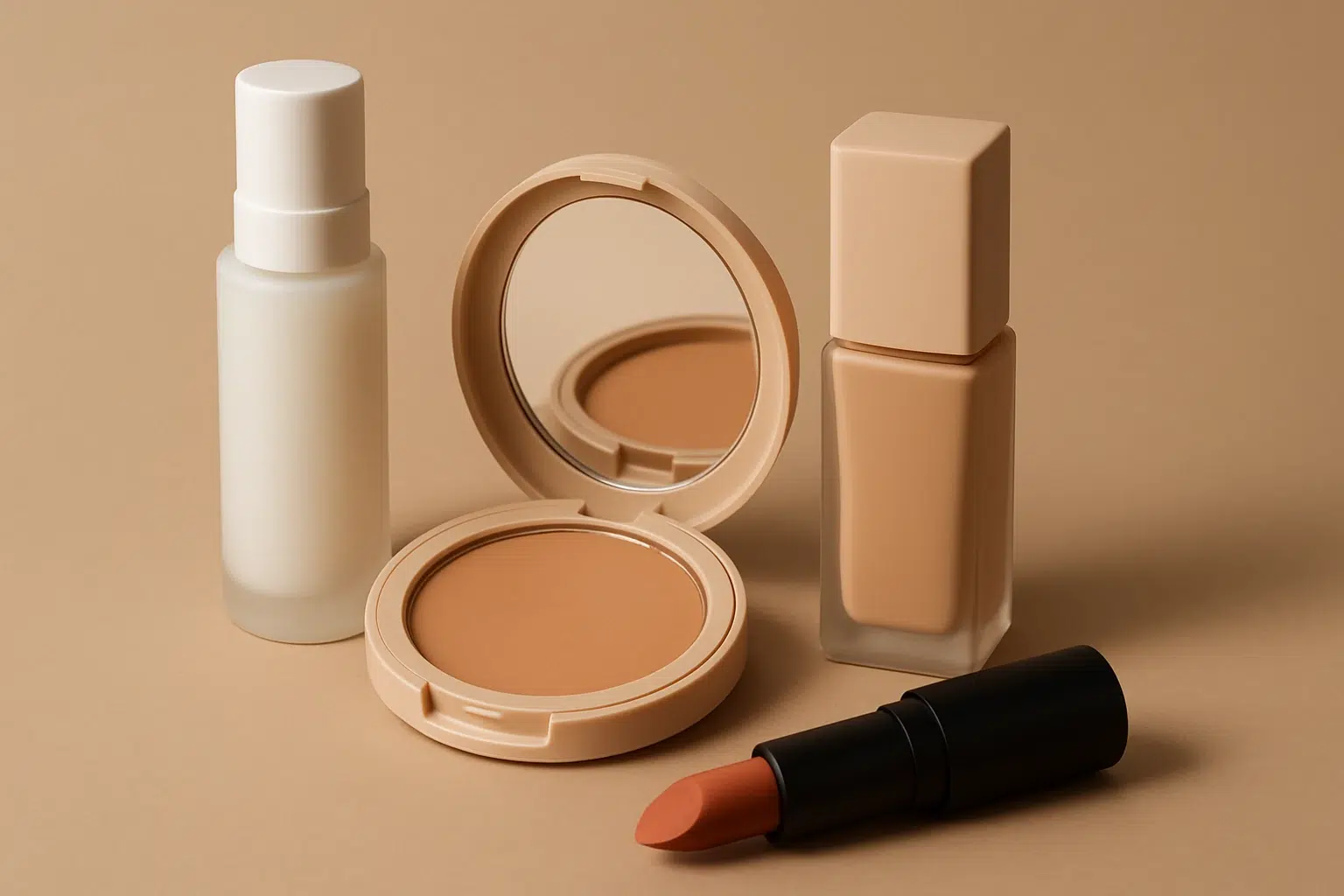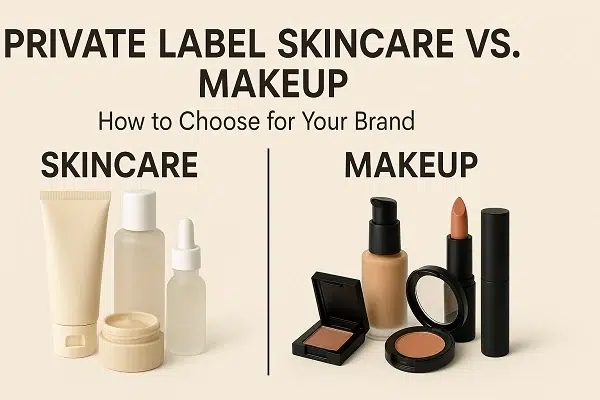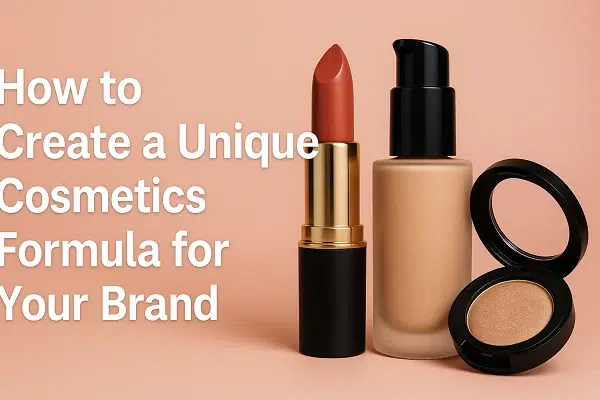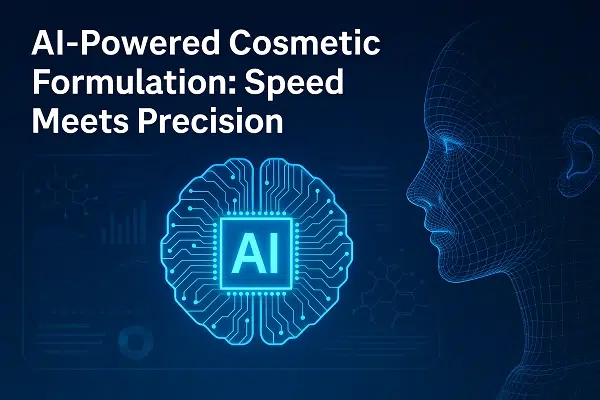🌟 Quick Answer
👉 Choose skincare if you’re building a brand around trust, wellness, and long-term value.
👉 Choose makeup if you’re targeting trend-driven consumers and want rapid market entry.
🧴 What Is Private Label Skincare?
Private label skincare refers to pre-formulated products such as moisturizers, toners, serums, and cleansers that are rebranded and sold under your own label.
✅ Pros and ❌ Cons:
| Pros ✅ | Cons ❌ | |
|---|---|---|
| 💖 High Customer Retention | Products become part of daily routine | 🧪 Requires Clinical Testing |
| 💰 Premium Price Potential | Skincare buyers are value-focused | 🧾 Regulatory Hurdles |
| 🧑⚕️ Health Positioning | Fits wellness or clean beauty branding | 💸 Higher Costs |
💡 Tip: Choose skincare if you want to create a scientific, luxury, or wellness brand that builds slow but steady trust.
🔗 Learn about skincare labeling: FDA Cosmetic Labeling Guide
💄 What Is Private Label Makeup?
Private label makeup covers cosmetic categories like lipsticks, eyeliners, highlighters, and more — usually with faster turnaround and lower regulatory barriers.
✅ Pros and ❌ Cons:
| Pros ✅ | Cons ❌ | |
|---|---|---|
| ⚡ Fast Trend Adoption | Easily launch seasonal colors | 📉 Low Loyalty |
| 📸 Social-Media Ready | Visually appealing for promotions | 🧴 Shorter Shelf Life |
| 🎯 Niche Targeting | Perfect for Gen Z, bold colors, fast fashion | 🔁 High Refresh Rate |
💡 Tip: Makeup is excellent for launching TikTok-worthy visuals and testing market demand quickly.
🔗 See TikTok’s beauty trends: TikTok Beauty Report
📊 Skincare vs. Makeup: Key Differences
| Feature | Skincare 🧴 | Makeup 💄 |
|---|---|---|
| Customer Retention | ⭐⭐⭐⭐⭐ | ⭐⭐ |
| Regulatory Oversight | 🔍 High | ✔️ Moderate |
| Social Media Impact | 🌱 Low–Moderate | 🔥 Very High |
| Profit Margins | 💰 High | 💄 Moderate |
| Launch Speed | ⏳ Slower | ⚡ Faster |
| Ideal For | Wellness & science brands | Visual & trend-driven brands |
📈 Market Trends You Should Know
The global skincare market is expected to exceed $200 billion by 2026, driven by anti-aging, organic, and sensitive skin segments.
Color cosmetics are growing rapidly on social platforms, especially with Gen Z and influencer-driven brands.
Consumers are increasingly ingredient-conscious, valuing terms like “fragrance-free,” “vegan,” and “cruelty-free.”
🔗 Reference: Statista – Global Beauty Market Forecast
🔍 Case Study Highlights
Glossier started with skincare (Milky Jelly Cleanser) to build trust, then expanded into makeup with cult hits like Cloud Paint.
Fenty Beauty launched with makeup first, offering 40+ foundation shades, capturing massive buzz before expanding into skincare.
💡 Tip: You don’t have to choose one forever — many brands successfully start with one category, then expand later.
🎯 How to Decide for Your Brand?
Ask yourself these questions:
👥 Who is my target audience? (Wellness seekers vs. trend chasers)
💼 What’s my budget and production capacity?
🛍️ How do I want my brand to be perceived — clinical, fun, luxurious, natural?
📆 Do I want quick wins or a long-term growth foundation?
✅ Conclusion
Both skincare and makeup offer strong opportunities — it all comes down to your brand strategy, audience, and market timing.
If you’re just starting out and want speed with minimal risk, private label makeup may be your best bet.
If you’re focused on quality, care, and brand longevity, consider launching with private label skincare.
🔗 Interested in starting a cosmetics line? Explore Aurora Global Brands’ low-MOQ white-label options for easy entry.







